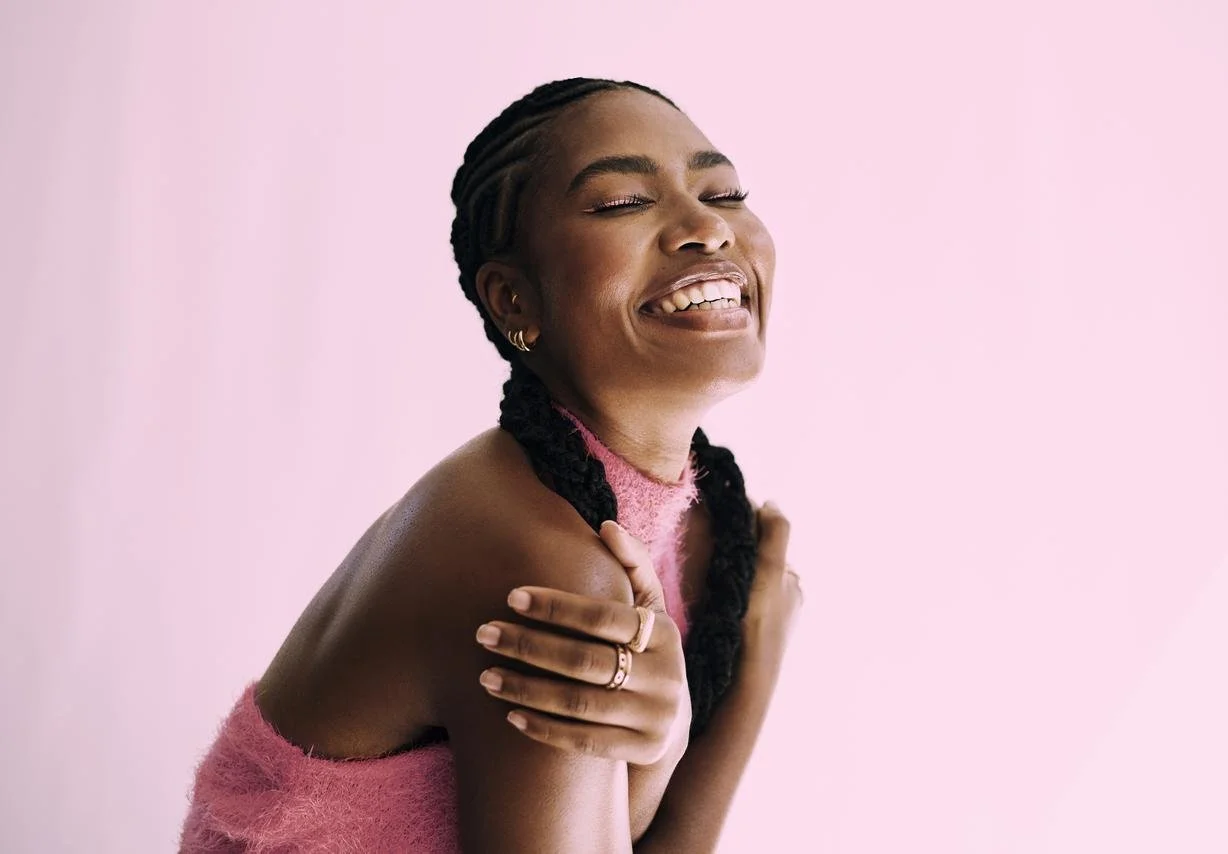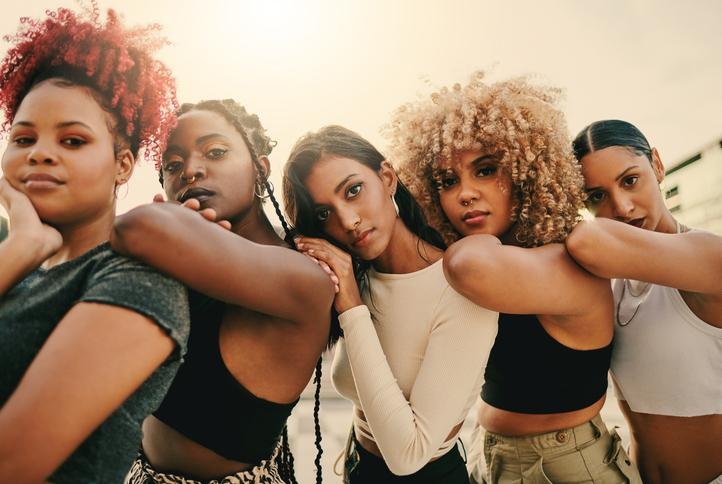How Self-Love Shapes Romantic Love in the Black Community
Photo Credit: Delmaine Donson via iStockPhoto.com
By: Jamila Gomez
Self-love is a profound foundation for healthy relationships, especially within the Black community, where historical challenges and systemic oppression have created unique barriers to both individual and collective healing. When individuals prioritize self-love, they cultivate an internal sense of worth and resilience, which profoundly influences their ability to give and receive love in romantic relationships.
For centuries, Black love has served as a radical act of defiance and survival, preserving joy and connection despite external adversities. However, self-love—a deeply personal and transformative practice—strengthens this legacy by fostering emotional well-being and breaking cycles of generational trauma. When Black individuals embrace self-love, they affirm that they are deserving of compassion, respect, and care—cornerstones of any healthy romantic partnership.
One of the ways self-love manifests in romantic relationships is through boundary-setting. Often, societal stereotypes and systemic inequities have pressured Black individuals to overextend themselves emotionally and physically, sometimes leading to unhealthy dynamics in relationships. When self-love is prioritized, individuals are more likely to establish boundaries that protect their mental and emotional health. In turn, this creates space for equitable and respectful romantic connections, where both partners feel seen and valued.
Moreover, self-love helps dismantle harmful patterns shaped by internalized racism, colorism, and negative self-perception. Within the Black community, unlearning these societal impositions is an act of self-care that directly impacts how individuals choose partners and navigate intimacy. When people accept their full selves—embracing their unique beauty, culture, and experiences—they are more likely to attract relationships rooted in authenticity and mutual respect.
Black love thrives when it emerges from a place of wholeness, rather than seeking completion in another person. Couples who prioritize self-love individually often bring emotional stability and self-awareness into their partnerships. This not only deepens their connection but also sets an example for future generations, emphasizing that love starts within.
In the Black community, self-love is not just a personal journey—it’s a communal one. By prioritizing self-care, self-respect, and self-acceptance, individuals contribute to a collective healing process that uplifts relationships and challenges narratives of unworthiness. Ultimately, self-love nurtures romantic love, empowering Black couples to build lasting, fulfilling connections that reflect the strength and beauty of their shared heritage.







